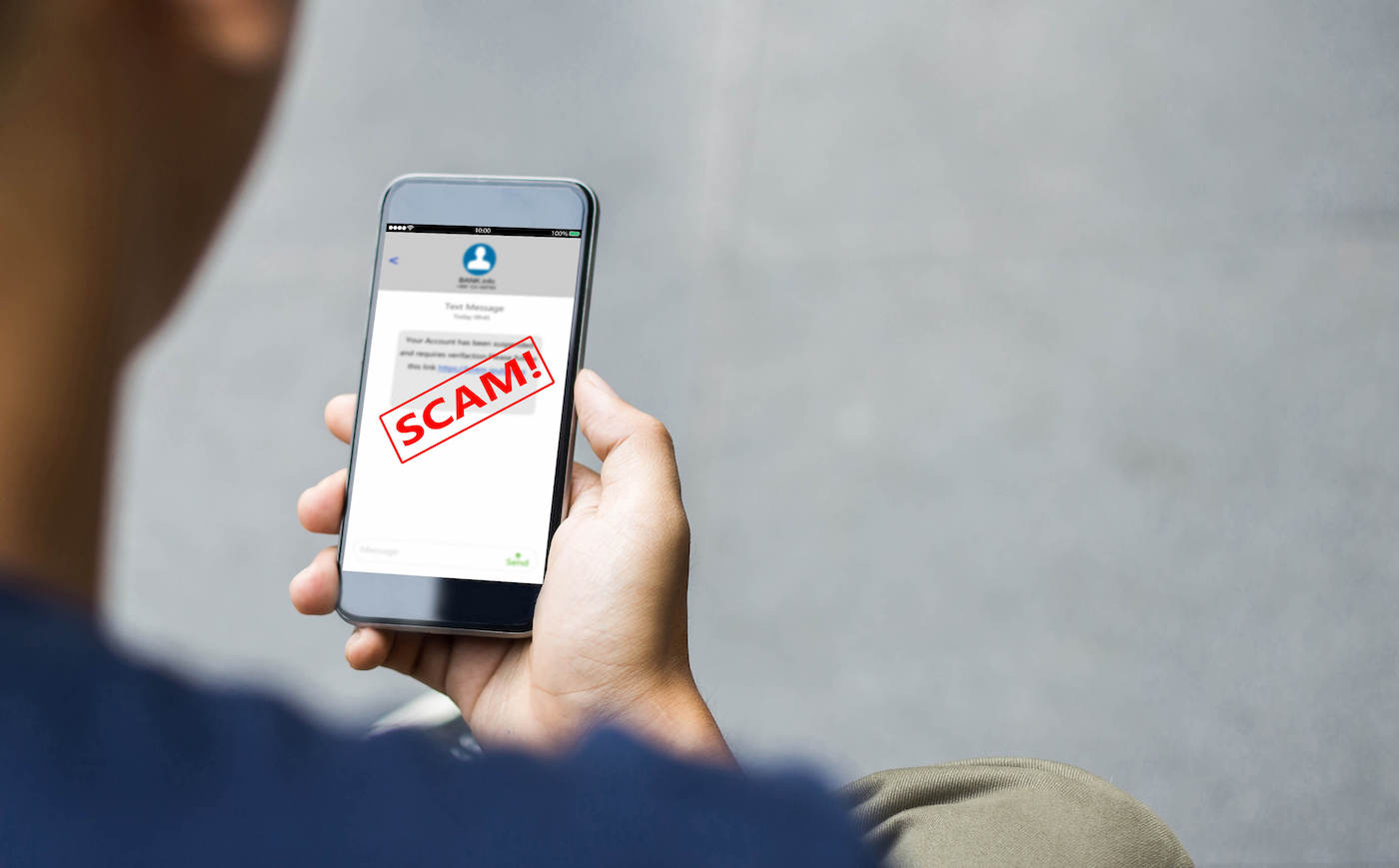In the digital world, phone scammers have become a serious threat to our security. They use a variety of deceptive tactics to try to get personal information from unsuspecting victims. While there is no guaranteed way to protect yourself from phone scammers, there are steps you can take to reduce your chances of becoming a victim.
Steps to protecting
The first step to protecting yourself from phone scammers is to be aware of the common tactics they use. Scammers often use “spoofing” to make it appear as if they are calling from a legitimate business or government agency. They may also use high-pressure sales tactics to try to get you to make a purchase or provide personal information. It’s important to remember that legitimate businesses and government agencies will never ask you for sensitive information over the phone.
The next step to protecting yourself is to never give out personal information over the phone. This includes your Social Security number, credit card numbers, bank account numbers, or passwords. It’s also a good idea to be suspicious of any caller who asks you to make a payment or provide a credit card number.
Another way to protect yourself from phone scammers is to be wary of any offers that seem too good to be true. Scammers often use high-pressure sales tactics to try to get you to make a purchase or provide personal information. It’s important to be aware of these tactics and to never give out your personal information to someone you don’t know.
Finally, you should always verify the identity of any caller before providing any personal information. If you’re not sure if the caller is legitimate, you can call the company or government agency they claim to represent to verify their identity.
Signs of a Phone Scam
When it comes to protecting yourself from phone scammers, it’s important to recognize the warning signs of a potential scam. Here are some of the most common signs of a phone scam:
- Unsolicited calls from unknown numbers
- High-pressure sales tactics
- Unfamiliar area codes or numbers
- Requests for personal information
- Requests for payment
- Requests for credit card numbers
- Offers that seem too good to be true
Things to Do if You’re Contacted by a Phone Scammer
If you’re contacted by a phone scammer, there are several steps you can take to protect yourself. Here are a few things to remember:
- Don’t provide any personal information
- Hang up and report the call
- Contact the company or government agency they claim to represent to verify their identity
- Don’t make any payments or provide any credit card information
- If you’ve already provided personal information, contact your bank or credit card company
- File a complaint with the Federal Trade Commission
Ways to Avoid Becoming a Victim
There are several steps you can take to reduce your chances of becoming a victim of a phone scam. Here are a few things to remember:
- Don’t answer calls from unfamiliar numbers
- If you do answer, don’t provide any personal information
- Don’t make any payments or provide any credit card information
- Verify the identity of any caller before providing any personal information
- Be wary of any offers that seem too good to be true
- Be aware of common tactics used by scammers
- File a complaint with the Federal Trade Commission
List of Phone Scam Resources
If you’ve been the victim of a phone scam, there are a variety of resources available to help you. Here are a few of the most helpful resources:
- The Federal Trade Commission (FTC): The FTC provides information about phone scams and how to report them.
- Your Bank or Credit Card Company: Many banks and credit card companies have fraud protection services that can help you if you’ve been the victim of a phone scam.
- The Better Business Bureau (BBB): The BBB provides information about scams and can help you file a complaint if you’ve been the victim of a phone scam.
- The Internet Crime Complaint Center (IC3): The IC3 is a joint effort between the FBI and the National White Collar Crime Center that provides information about scams and how to report them.

